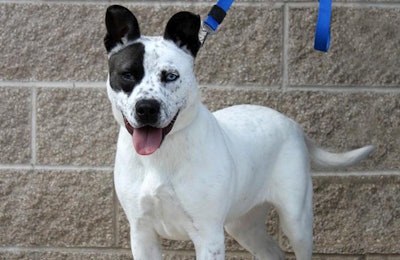
Pet food industry leaders are familiar with dogs, cats and other pets. Both bosses and employees are animals too, and many of the same reinforcement and positive feedback strategies work for humans and pets. Keeping a pet happy and doing the right things bear many similarities to managing employees for success, Mary Kelly, founder of Productive Leaders, said during her presentation on May 3 at Petfood Forum in Kansas City, Missouri.
“Reward good behavior when you see it just like you would with your animals,” she said. “When you're training a horse or a dog, and they do the right thing, you let them know. Let your people know the same thing, because you get what you reward. Whether it's your customers or your employees or your suppliers. Statistics show that the best motivation is, if you're the top of your organization and you tell people they're doing a great job, that means a lot. The next level of appreciation comes from your co-workers. So help your co-workers know when they've done a good job.”
Reward specific behaviors
Make the recognition and rewards very specific. General praise doesn’t reinforce particular behaviors.
“If you're going to reward people, make sure you do it for specific action,” she said. “Not, ‘thanks everybody for going to Petfood Forum, that was great.’ No, very specifically, great job for the setup, for making sure the booth looked great, for making sure that we've got a follow-up system in place. I appreciate all your attention to detail.’”
However, that praise shouldn’t come at the expense of another employee. Shaming Peter to praise Paul doesn’t work.
Don’t reinforce negative behaviors
At the same time, pet food industry leaders shouldn’t allow bad behavior to continue. Like a German Shepard puppy chewing on a finger, if that dog grows up thinking gnawing on people is OK, the pet owner is in for serious trouble.
“If it was okay today, it should be okay tomorrow,” she said. “Otherwise you're wasting resources.”
The actions that a leader will reward need to be made clear, just as unacceptable behaviors are pointed out specifically.
“Be clear about what you expect from people,” she said. “What people want and need is a good quality product. They want their interactions with people to be pleasant, and they want the buying process and the entire working relationship process to be easy.
“Because, folks, at the end of the day we're just like your dogs,” she said. “We all respond to incentives.”
Homo sapiens respond to many of the same training techniques as Canis familiaris or Felis catus.



















